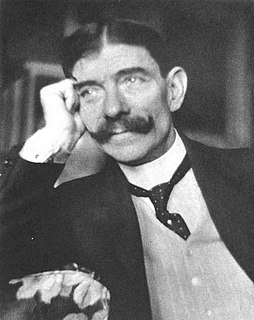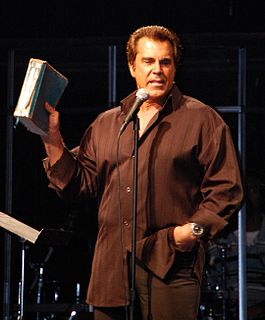A Quote by Frank Harris
All the faults of the age come from Christianity and journalism. Christianity, of course, but why journalism?
Quote Topics
Related Quotes
Anyone who does investigative journalism is not in it for the money. Investigative journalism by nature is the most work intensive kind of journalism you can take on. That's why you see less and less investigative journalism at newspapers and magazines. No matter what you're paid for it, you put in so many man-hours it's one of the least lucrative aspects of journalism you can take on.
I got in journalism for any number of reasons, not least because it's so much fun. Journalism should be in the business of putting pressure on power, finding out the truth, of shining a light on injustice, of, when appropriate, being amusing and entertaining - it's a complicated and varied beast, journalism.
There is a reason Christianity is violently opposed in our world while other religions and philosophies are tolerated... Biblical Christianity evokes violent responses from some people, because only in Christianity is there an absolute right and wrong. People hate the Bible and Christianity because of the law of God.
I was in the journalism program in college and had some internships in print journalism during the summers. The plan was to go to Columbia University Graduate School of Journalism to learn broadcasting after I graduated. I was enrolled and everything, but ultimately decided that I could never afford to pay back the loan I'd have to take out.
Every journalism bromide - speaking truth to power, comforting the afflicted, afflicting the powerful - that otherwise would be hopelessly sappy to a journalist of any experience, has become a Twitter grail. The true business of journalism has become obscured because there is really no longer a journalism business.







































